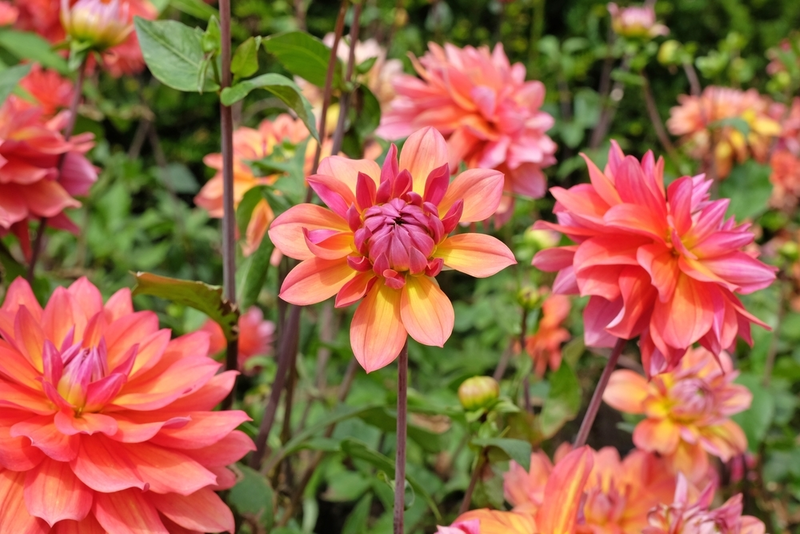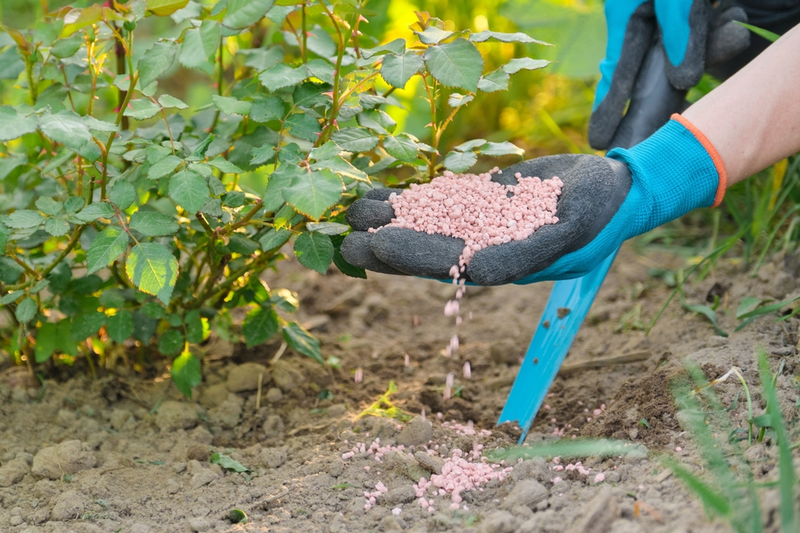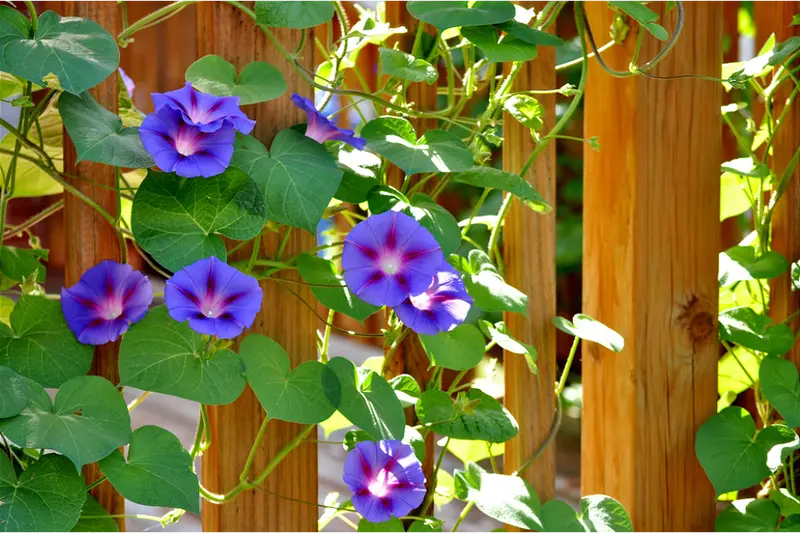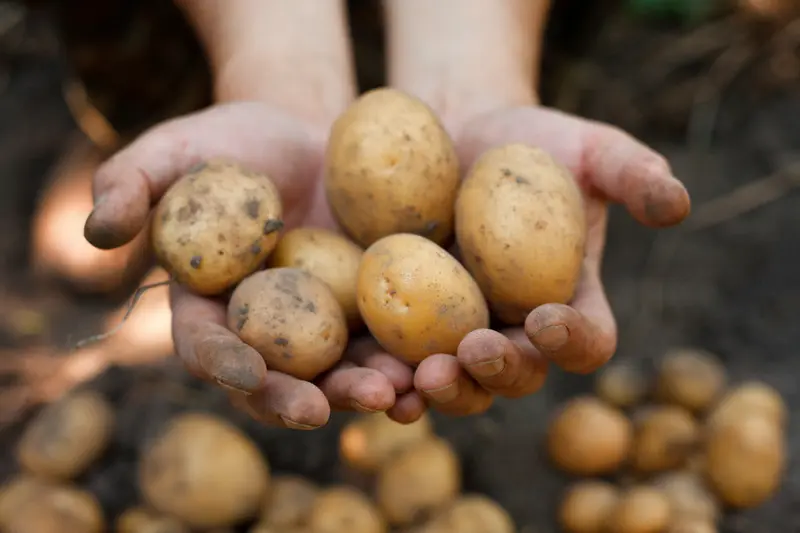
Pesky mourning flies and other houseplant pests can be an annoyance. Some won’t do too much damage to your plants, but others can cause chaos. It’s always important to spot any new pest as soon as possible to ensure you can save your plants from being eaten. Mourning flies are perhaps one of the most annoying because they fly up out of the earth as you water the soil. The little black flies are noticeable and frustrating, but there are ways to minimize the risk of having them and other houseplant pests. Here are our top tips:
-
Mourning flies
Have a close look at your plants. If you spot the little black flies, officially called fungus gnats, move the plant out of the way of other plants so the mourning flies can’t lay their eggs in other plants’ soil. Eggs can’t be laid in dry soil, so stop watering for as long as possible – two weeks ideally – to stop the cycle. Another way to keep them away is to cover the soil with something so the eggs can’t be laid. Pebbles, horticultural grit, and products made specifically to not only make the plant in the pot look attractive but will also save you from the annoying mourning flies!
-
Mealybugs
Mealybugs look like little white, almost cotton wool-looking bugs. They suck the plant sap and can distort growth; heavy infestations can kill the plant. The waxy coating on the adult mealybug makes them tricky to control because pesticides don’t work so well. If there are only a few, use a cotton swab with some rubbing alcohol to remove them. For a larger infestation, mix water and rubbing alcohol to spray on and quarantine the plant. Neem oil is also helpful to spray on.
-
Spider mites
Another sap-sucking bug that looks like a tiny spider. They are so small you might not spot them until a silky web appears. If the mites are left, the leaves will turn yellow, and the plant will die. The best way to get rid of them is to blast them with water, and if that doesn’t work, neem oil and other insecticides can be used.
-
Aphids
Probably the most common of all houseplant pests, aphids are usually found on stems and undersides of foliage. They are primarily green but sometimes other colours and can be tricky to get rid of. Depending on what works and how heavy the infestation is, spray with water and use neem oil or rubbing alcohol. Most likely will be needed every week for a few weeks to get aphids under control.
-
Scale insects
These are found under a waxy coating, usually whitish. If you scrape the coating away, you’ll see the bug underneath. They are sap-sucking again, and a heavy infestation can kill your houseplant. Small infestations can simply be scraped off. Adult scales will need spraying with products containing neem oil extract or canola oil, but the waxy coating can also be tricky to penetrate.
For thriving houseplants, pest control, and advice, visit us in store.




